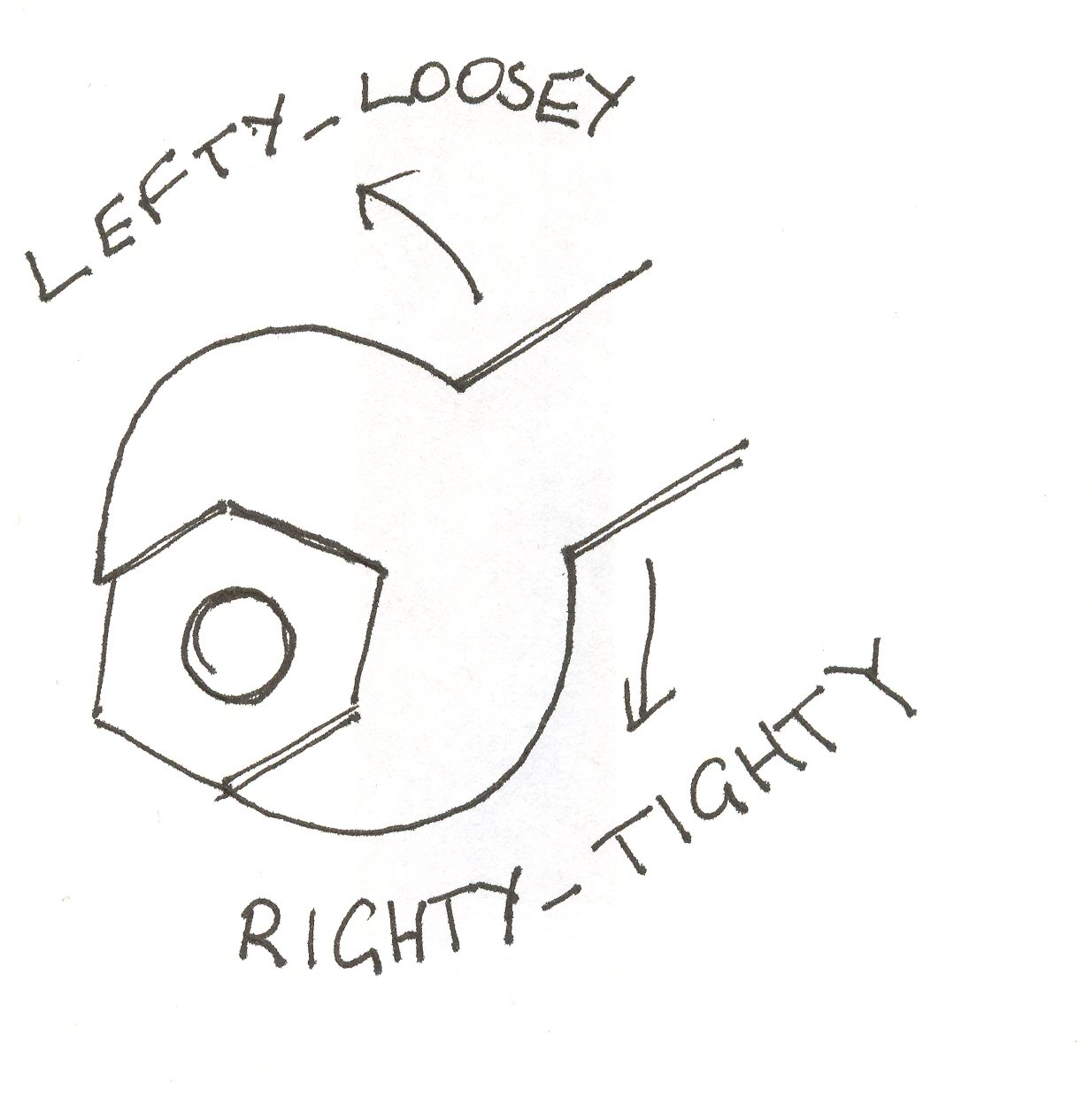this post was submitted on 13 Oct 2024
468 points (98.0% liked)
Asklemmy
44227 readers
551 users here now
A loosely moderated place to ask open-ended questions
If your post meets the following criteria, it's welcome here!
- Open-ended question
- Not offensive: at this point, we do not have the bandwidth to moderate overtly political discussions. Assume best intent and be excellent to each other.
- Not regarding using or support for Lemmy: context, see the list of support communities and tools for finding communities below
- Not ad nauseam inducing: please make sure it is a question that would be new to most members
- An actual topic of discussion
Looking for support?
Looking for a community?
- Lemmyverse: community search
- sub.rehab: maps old subreddits to fediverse options, marks official as such
- [email protected]: a community for finding communities
~Icon~ ~by~ ~@Double_[email protected]~
founded 5 years ago
MODERATORS
you are viewing a single comment's thread
view the rest of the comments
view the rest of the comments

I use the right hand rule - ball up your fist with your thumb sticking out, and turning in the direction of your fingers curling will result in the screw going the rest your thumb points.
Right hand for right-handed threads and left hand for left-handed. If unsure, it’s most likely right-handed.
The assumption in this whole post is that it's right-thread, since left is so uncommon.
Most common example would be a bicycle, I think - your pedals tighten on "in the same direction the wheel turns" as you look at them. So your left pedal has left-hand thread, and goes on and comes off backwards.
The effect of precession also means that you can tighten the pedals on finger tight and a good long ride will make them absolutely solid - need to bounce up and down on a spanner to loosen them.
Oh God I hate those sneaky left-thread bastards lol.
Me learning this about electromagnetism: huh, neat.
Me learning this about something I actually use in day to day life: 🤯
It's especially helpful when you're looking at screws (or nuts!) from the back or any other weird frame of reference.